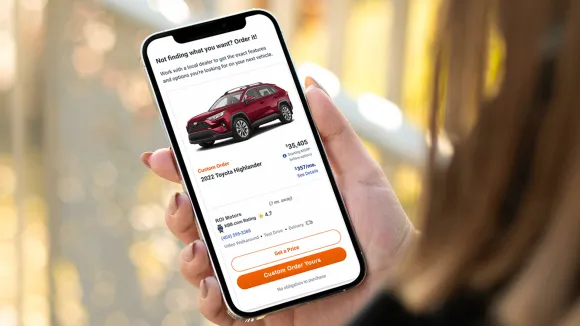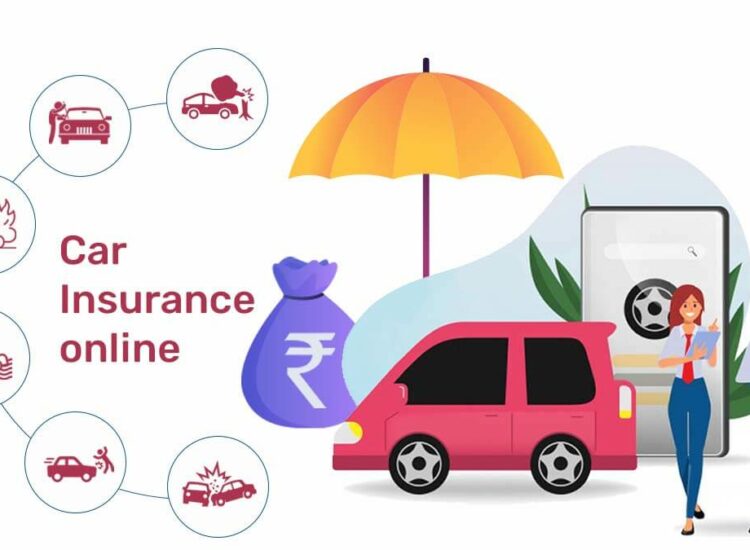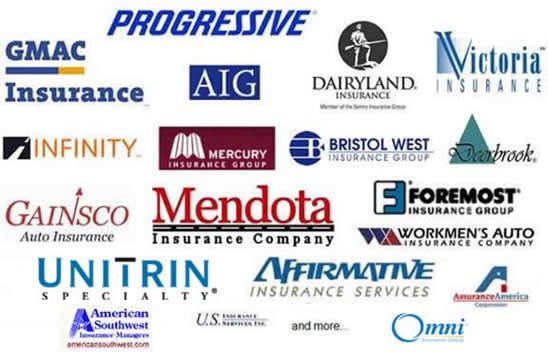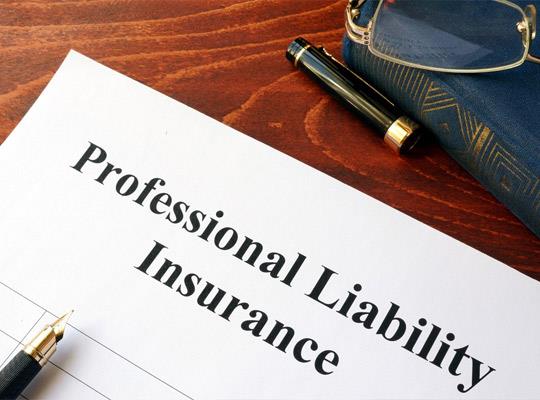When moving to the Lone Star State, navigating the complexities of car insurance can be overwhelming. This comprehensive guide cuts through the confusion, offering a clear and concise overview of the Texas car insurance market. We’ll explore the key coverage options, compare top providers, and provide practical tips to help you find the best car insurance in Texas, ensuring you’re protected on the road.
Toc
Understanding Texas Car Insurance Requirements

Before diving into the best car insurance in Texas, it’s essential to understand the state’s minimum insurance requirements. Texas law mandates that all drivers carry liability insurance, which includes:
- $30,000 in bodily injury liability per person
- $60,000 in bodily injury liability per accident
- $25,000 in property damage liability per accident
While these minimums protect other drivers, they do not cover you or your vehicle. Given Texas’s unique challenges, such as severe weather and a high number of uninsured motorists, considering additional coverage options is crucial for comprehensive protection.
Beyond Minimum Coverage: Why Comprehensive Protection Matters
The minimum liability coverage requirements in Texas are designed to protect others in the event of an accident. However, relying solely on this basic coverage can leave you vulnerable. In 2023, Texas ranked among the top 5 states with the highest percentage of uninsured drivers. A collision with an uninsured motorist could leave you financially responsible for significant medical bills, lost wages, and vehicle repairs. Therefore, it’s vital to assess your personal situation and consider higher coverage limits for better financial protection.
Additional Coverage Options
To ensure you have adequate protection, consider these optional coverages:
- Uninsured/Underinsured Motorist Coverage (UM/UIM): This coverage protects you if you’re in an accident with a driver who lacks sufficient insurance.
- Personal Injury Protection (PIP): PIP covers medical expenses and lost wages for you and your passengers, regardless of fault.
- Collision Coverage: This helps pay for repairs or replacement of your vehicle if damaged in an accident.
- Comprehensive Coverage: This protects against non-collision-related incidents, such as theft, vandalism, or natural disasters.
Evaluating your specific needs, budget, and the potential risks you face as a Texas resident can help you determine the right balance of coverage for your peace of mind.
Finding the Best Car Insurance in Texas

When searching for the best car insurance in Texas, several providers stand out based on factors like customer satisfaction, financial strength, and pricing. Here are some of the best car insurance companies in Texas:
Texas Farm Bureau
Texas Farm Bureau is known for its competitive rates and extensive coverage options. It’s a favorite among many Lone Star State drivers, with average annual premiums of $1,427 for full coverage and $483 for minimum liability. Their strong community ties and customer service make them a trusted choice.
Beyond the Big Names: Exploring Niche Providers
While major insurers like State Farm and Geico are popular, smaller, regional companies might offer competitive rates and personalized service for specific demographics. For example, Texas Mutual Insurance Company caters to state employees and offers discounts and specialized coverage options.
State Farm
As one of the largest insurers in the country, State Farm offers robust customer service and a wide array of coverage options. Their average annual rates are $2,285 for full coverage and $606 for minimum liability. State Farm’s commitment to customer satisfaction and financial stability makes it a top contender for the best car insurance in TX.
Geico
Geico is recognized for its affordability and user-friendly digital experience. They provide competitive rates, with an average annual premium of $1,490 for full coverage and $757 for minimum liability. Their innovative technology and straightforward claims process make them a popular choice among Texas drivers seeking the best car insurance rates in Texas.
Redpoint County Mutual
This regional insurer offers some of the most competitively priced policies in Texas, with average annual premiums of $1,720 for full coverage and $708 for minimum liability. Redpoint County Mutual focuses on local communities and customer service, making it a solid option for those looking for the best car insurance in Texas.
USAA
Although USAA is only available to military members, veterans, and their families, it consistently ranks high for customer service and competitive rates. Their average annual premiums are $2,265 for full coverage and $622 for minimum liability. USAA’s dedication to its members makes it a leading choice for the best full coverage car insurance in Texas.
1. https://dailymercedes-benz.vn/archive/1559/
2. https://dailymercedes-benz.vn/archive/1557/
3. https://dailymercedes-benz.vn/archive/1560/
Comparing Quotes
To find the best car insurance in Texas, it’s crucial to compare quotes from multiple providers. Rates can differ significantly for the same coverage levels, so shopping around can help you secure the best deal tailored to your needs.
Getting the Best Car Insurance Rates in Texas
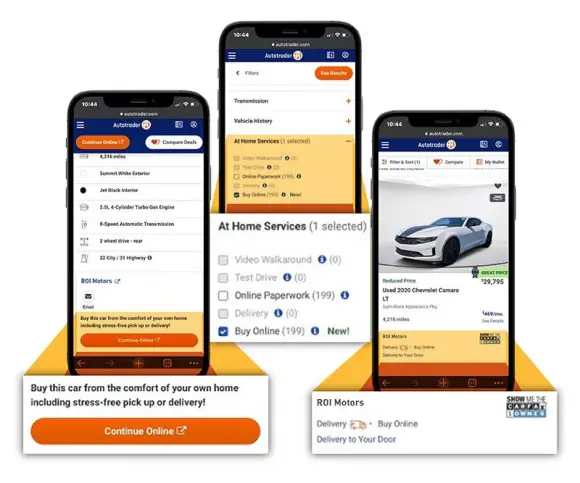
Finding the best car insurance rates in Texas requires strategic planning. Here are practical tips to help you lower your premiums:
Shop Around
Comparing insurance quotes from various companies is a fundamental step in securing the best rates. Take advantage of online comparison tools, which simplify this process by offering detailed insights into what different insurers can offer. Don’t forget to regularly review your policy and shop around at least once a year or after significant life events, as these can significantly affect your premiums.
Maintain a Good Credit Score
In Texas, your credit score can influence your car insurance premiums. Maintaining a good or excellent credit score may lower your rates, as insurers tend to offer better prices to individuals considered financially responsible. Make sure to regularly check your credit report for errors and take steps to improve it if needed, like paying off outstanding debts and making timely bill payments.
Leveraging Technology for Savings: Online Tools and Apps
Websites like Policygenius and Insurance.com provide comprehensive comparison tools, allowing drivers to quickly and easily compare rates from multiple providers. Additionally, the increasing adoption of digital insurance platforms and mobile apps offers convenience, personalized services, and quick claim processing.
Bundle Policies
Consider bundling your car insurance with other types of coverage, such as homeowners or renters insurance. Many insurance providers offer attractive discounts for bundled policies, which can lead to significant savings on your overall insurance costs. This not only simplifies your payment process by consolidating multiple policies under one provider, but it can also enhance your coverage by ensuring that all your insurance needs are met with a cohesive approach.
Improve Your Credit Score
In Texas, maintaining a good credit score can have a positive impact on your insurance premiums. Insurance companies often view a higher credit score as an indicator of responsible behavior, which can translate into lower rates. To boost your credit score, focus on paying bills on time, reducing outstanding debt, and monitoring your credit report for errors. By taking these steps, you may be able to lower your insurance costs significantly while also improving your financial health.
Maintain a Clean Driving Record
A clean driving record free of accidents and violations can qualify you for safe driver discounts, making it a crucial factor in determining your insurance rates. Insurance companies reward drivers who demonstrate responsible driving behavior, so prioritizing safe driving habits—such as obeying speed limits, avoiding distractions, and not driving under the influence—can help keep your premiums low. In addition, consider taking a defensive driving course to further enhance your skills and potentially earn additional discounts.
Consider a Higher Deductible
Choosing a higher deductible when you purchase your car insurance can lead to lower monthly or annual premiums. By opting for a higher deductible, you agree to pay more out-of-pocket in the event of a claim, which can significantly reduce your regular insurance costs. However, it’s essential to ensure that you can comfortably afford the deductible amount in case an accident occurs. This approach can be particularly beneficial for safe drivers who may rarely need to file claims, allowing them to save money in the long run without sacrificing coverage.
Take Advantage of Discounts
Insurance companies in Texas offer various discounts that can help reduce your premiums. Common discounts include safe driver, good student, multi-car, defensive driving course, and loyalty discounts.
By leveraging these discounts and following these tips, you can find the best car insurance rates in Texas that fit your budget.
Texas Auto Insurance Laws and Regulations

Understanding Texas auto insurance laws is crucial for compliance and safety. Here’s what you need to know:
Driving Without Insurance
Driving without the minimum required liability coverage in Texas is a serious offense that can lead to severe penalties. If caught, drivers may face hefty fines that can reach up to $1,000, a suspension of their driving license, and the potential for their vehicle to be impounded. These repercussions underscore the importance of maintaining valid insurance coverage to avoid such costly and disruptive consequences. Not only does insurance provide legal protection, but it also ensures that drivers are financially safeguarded in case of accidents or damages.
Proof of Insurance
In Texas, law mandates that drivers must carry proof of insurance at all times while operating a vehicle. This requirement is crucial for verifying that drivers have the appropriate coverage to protect themselves and others on the road. Acceptable forms of proof include traditional physical insurance cards, which many drivers keep in their vehicles, or digital versions that can be accessed easily through your insurance provider’s mobile app. Carrying proof of insurance helps ensure compliance with state laws and can expedite the process during traffic stops.
1. https://dailymercedes-benz.vn/archive/1558/
2. https://dailymercedes-benz.vn/archive/1560/
3. https://dailymercedes-benz.vn/archive/1557/
Self-Insurance
Texas provides an alternative option for drivers through self-insurance, allowing them to demonstrate financial responsibility without traditional insurance. To self-insure, drivers must make a substantial deposit with the state comptroller, which serves as a guarantee of their ability to cover potential liabilities. Once this deposit is made, they can obtain a certificate of self-insurance from the Department of Public Safety. This option may be particularly suitable for those who meet specific financial criteria, such as individuals with significant assets or savings who prefer not to pay regular insurance premiums. Self-insurance offers flexibility but comes with the responsibility of ensuring adequate funds are available to cover any potential damages or liabilities.
Texas Teen Driving Laws
If you have a teenage driver in your household, be aware of the state’s graduated licensing system:
- Learner’s Permit: At age 15, teens can apply for a learner’s permit to practice driving under supervision.
- Provisional License: At 16, they can obtain a provisional license after completing driver’s education and passing tests, with restrictions on nighttime driving and passenger limits.
- Full License: At 18, the provisional restrictions are lifted, and a standard Texas driver’s license is issued.
Understanding these laws can help ensure your teen driver remains safe and compliant on the roads.
SR-22 Insurance in Texas
SR-22 insurance is not an actual insurance policy but a certificate of financial responsibility required for those who have committed serious driving violations, such as driving without insurance or a DUI. If you’re required to file an SR-22 in Texas, it’s crucial to work with your insurance provider to ensure this form is filed correctly with the state. The SR-22 serves as proof that you carry the minimum auto insurance required by law. Typically, individuals mandated to have an SR-22 must maintain it for a specific period, usually three years, to demonstrate their ability to responsibly adhere to insurance regulations. Failure to maintain SR-22 status can result in license suspension or additional penalties.
Frequently Asked Questions

Q: What is the average cost of car insurance in Texas?
A: The average cost of car insurance in Texas varies based on factors such as age, location, and driving history. The average annual premium for full coverage is approximately $3,156, which is higher than the national average.
Q: How can I obtain a Texas driver’s license as a new resident?
A: New residents with a valid driver’s license from another state must visit a Texas Department of Motor Vehicles (DMV) office within 90 days of establishing residency. Required documents include proof of identity, social security number, vehicle registration, and liability insurance, along with passing a vision exam.
Q: What are the consequences of driving without insurance in Texas?
A: Driving without the required liability coverage can result in fines of up to $1,000, license suspension, and potential vehicle impoundment.
Q: Can I self-insure my car in Texas?
A: Yes, Texas allows drivers to self-insure their vehicles by making a deposit with the state comptroller and obtaining a certificate of self-insurance from the Department of Public Safety.
Conclusion
Finding the best car insurance in Texas is crucial for protecting yourself and your vehicle on the road. By understanding Texas’s insurance requirements, exploring different coverage options, and comparing quotes from top providers, you can find the right policy to meet your needs and budget. Remember to shop around, take advantage of available discounts, and choose a provider with a strong reputation for customer service and financial stability. With the right coverage in place, you can drive with confidence and peace of mind in the Lone Star State.




